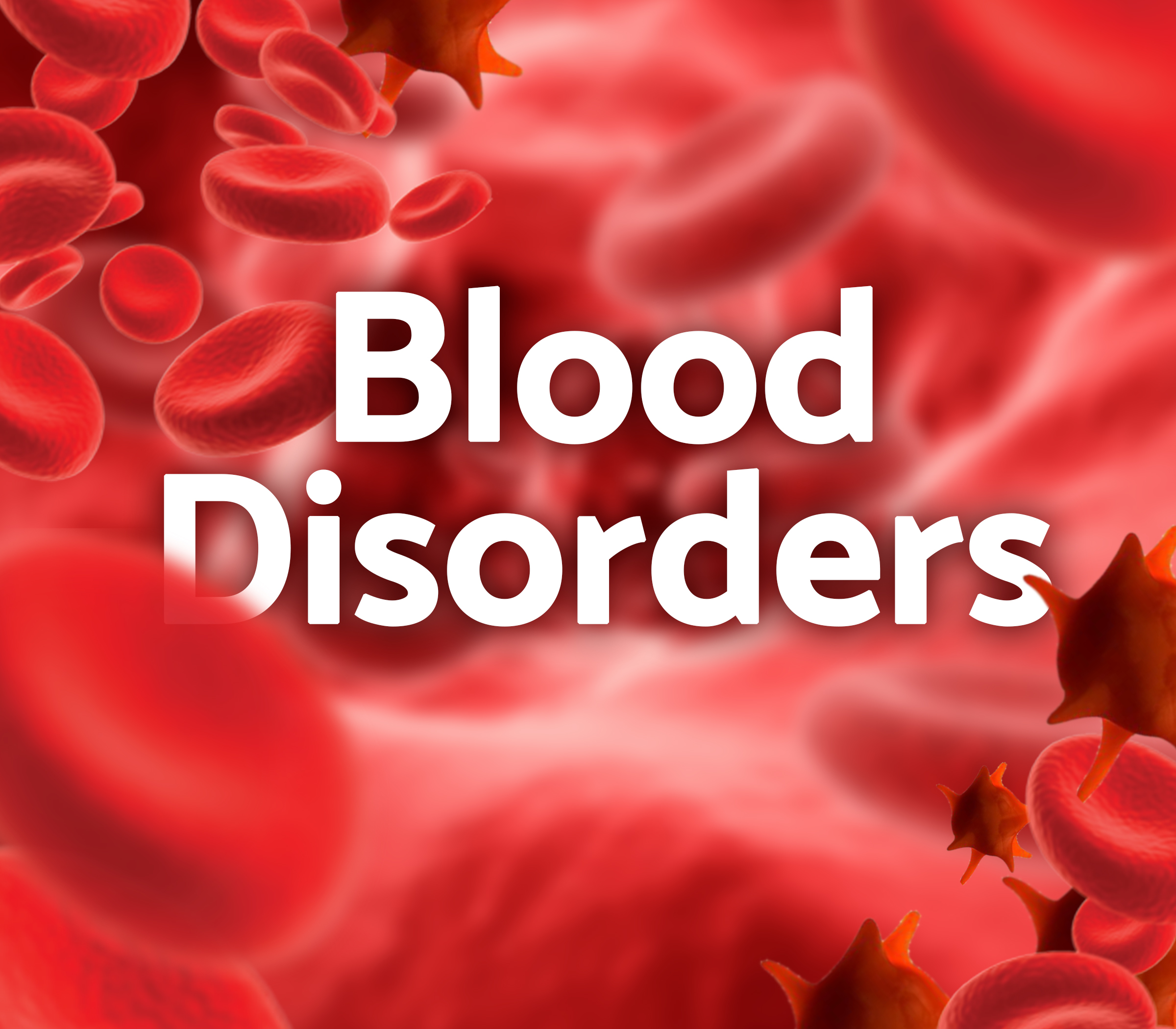When something is wrong with your blood, it can affect your total health. That is why it is important for you to know about some of the common blood disorders that may affect you.
Anemia :
Anemia is the most common blood disorder, and according to the National Heart, Lung, and Blood Institute, it affects more than 3 million Americans. Many people are at risk for anemia because of poor diet, intestinal disorders, chronic diseases, infections, and other conditions. Women who are menstruating or pregnant and people with chronic medical conditions are most at risk for this disease. The risk of anemia increases as people grow older.
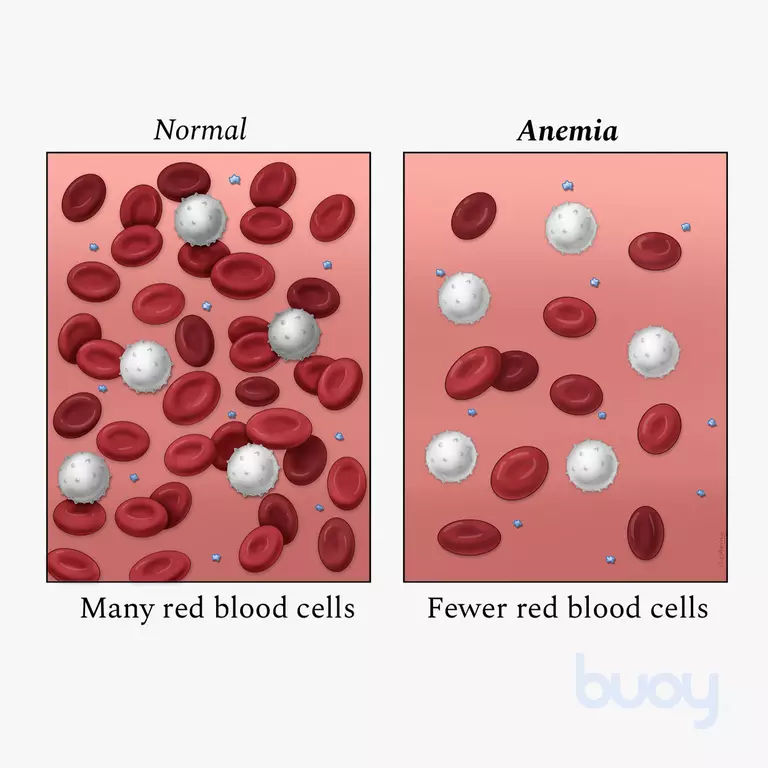
Blood Thickness :
Thick blood is caused by heavy proteins, or by too much blood in the circulation. Too many red cells, white cells, and platelets will result in blood thickening. Another cause is an imbalance in the blood clotting system.
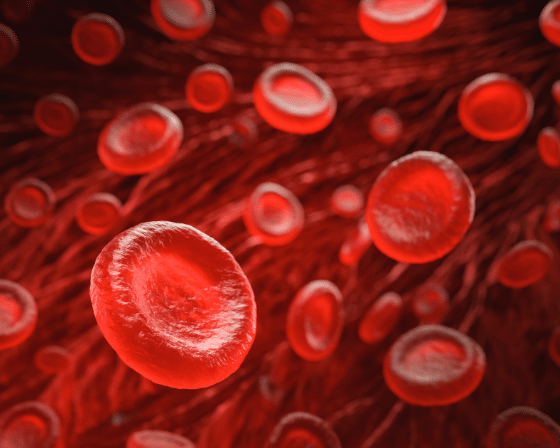
Thick blood condition can be inherited or genetic, acquired or can also develop over time.
ITP ( Blood Platelets) :
Immune thrombocytopenia (ITP) is a disorder that can lead to easy or excessive bruising and bleeding. The bleeding results from unusually low levels of platelets — the cells that help blood clot.
For most children and adults, ITP is not a serious condition. Acute ITP in children often goes away on its own within a few weeks or months and does not return. For a small number of children, ITP does not go away on its own, and the child may need treatment.
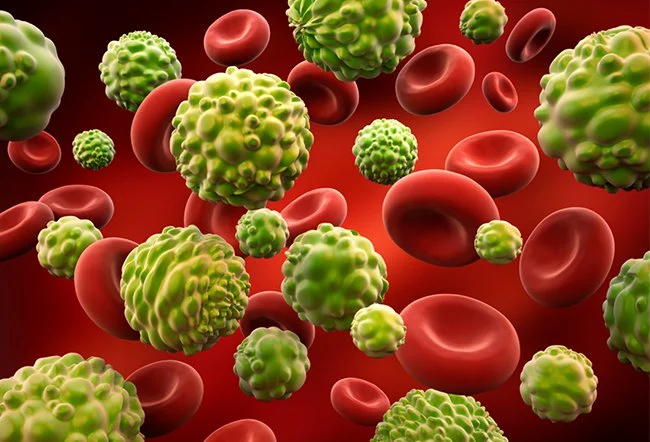
Sickle Cell Anemia :
A group of disorders that cause red blood cells to become misshapen and break down.
With sickle cell disease, an inherited group of disorders, red blood cells contort into a sickle shape. The cells die early, leaving a shortage of healthy red blood cells (sickle cell anaemia) and can block blood flow causing pain (sickle cell crisis).
Infections, pain and fatigue are symptoms of sickle cell disease.
Treatments include medication, blood transfusions and rarely a bone-marrow transplant.
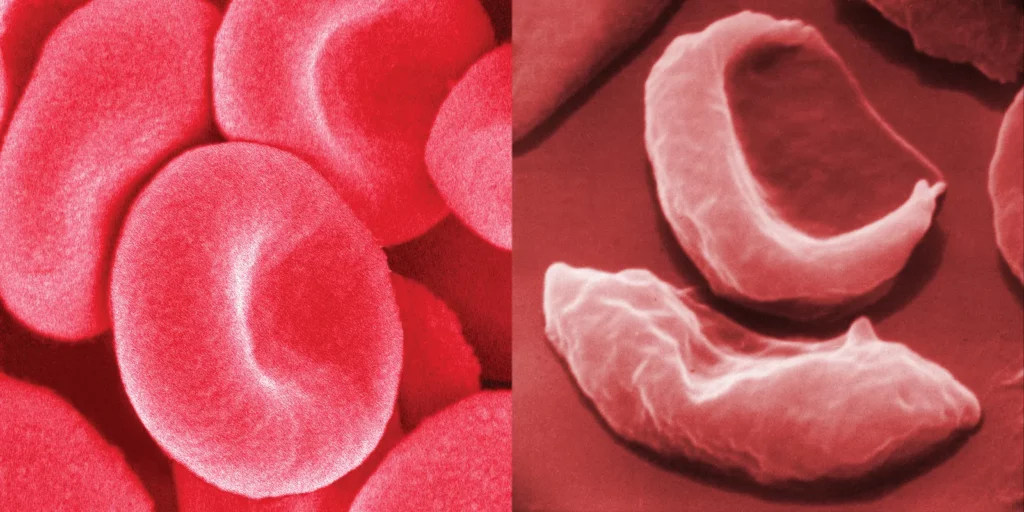
WBC :
A white blood count measures the number of white cells in your blood. White blood cells are part of the immune system. They help your body fight off infections and other diseases.
When you get sick, your body makes more white blood cells to fight the bacteria, viruses, or other foreign substances causing your illness. This increases your white blood count. Other diseases can cause your body to make fewer white blood cells than you need. This lowers your white blood count. Diseases that can lower your white blood count include some types of cancer and HIV/AIDS, a viral disease that attacks white blood cells. Certain medicines, including chemotherapy, may also lower the number of your white blood cells.
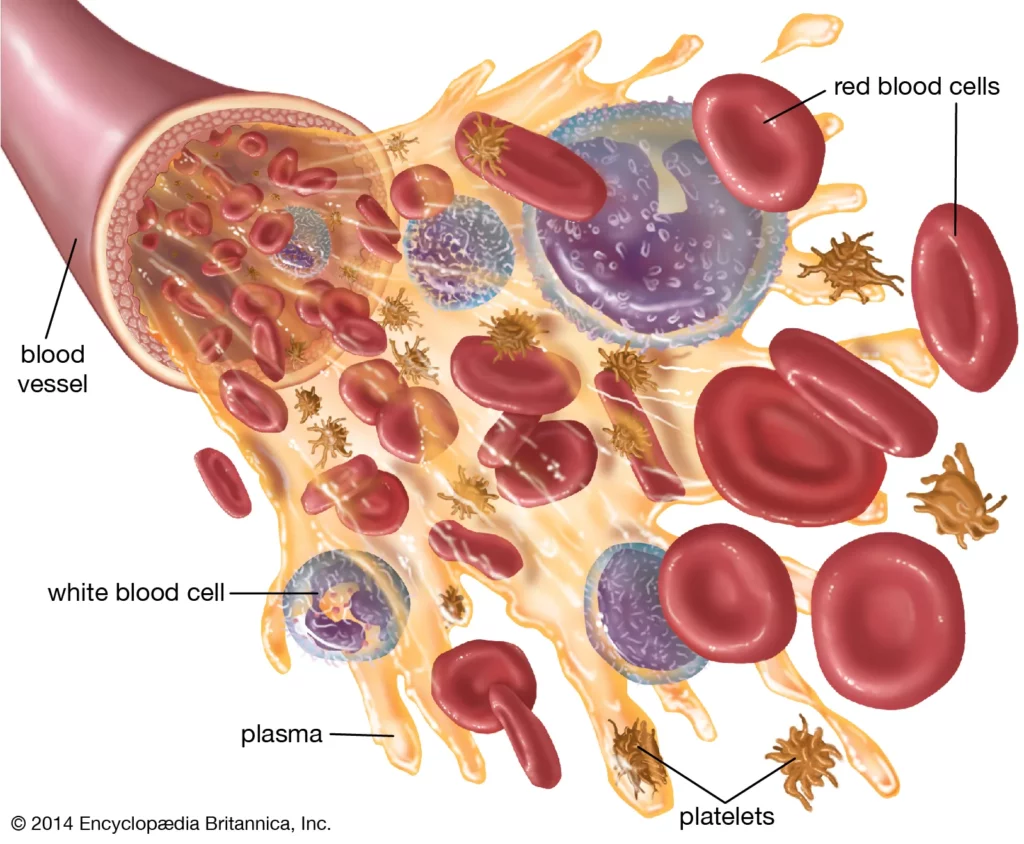
Polycythemia :
Polycythemia vera (pol-e-sy-THEE-me-uh VEER-uh) is a type of blood cancer. It causes your bone marrow to make too many red blood cells. These excess cells thicken your blood, slowing its flow, which may cause serious problems, such as blood clots.
Polycythemia vera is rare. It usually develops slowly, and you might have it for years without knowing. Often the condition is found during a blood test done for another reason.
Without treatment, polycythemia vera can be life-threatening. But proper medical care can help ease signs, symptoms and complications of this disease.

